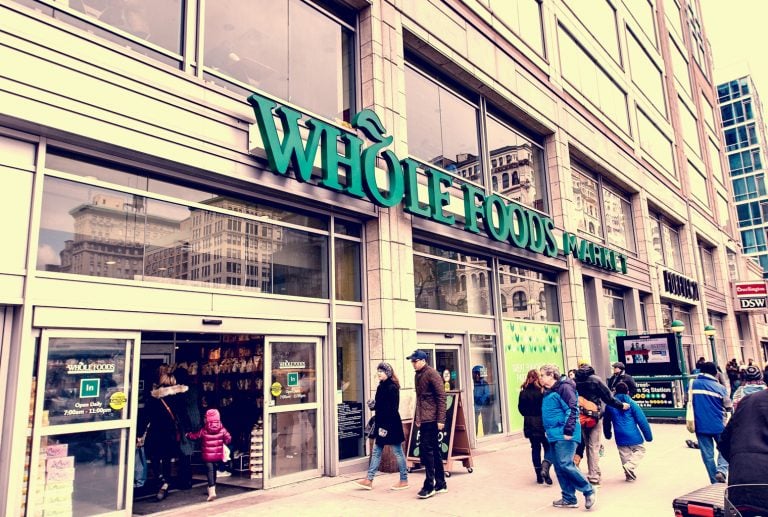2019-5-21 23:48 |
Widespread acceptance is widely touted as cryptocurrency’s end goal. But, with prices rising and the next halving a year away, it’s not yet clear who’s willing to spend it.
A recent announcement added further heat to the already-excited market: Bitcoin is going to be accepted at a large range of retailers. According to Fortune:
“The retail initiative comes via a partnership between Flexa, a payments startup, and Gemini, the Winklevoss-owned digital currency company. It works by piggy-backing on the digital scanners that many big retailers use to accept phone-based payments from their apps and from digital wallets like Apple Pay.”Fortune, May 13th, 2019
It’s a remarkable achievement and a milestone for the adoption of cryptocurrency in America. Customers can now load their crypto into an app — this particular one called Spedn — and then make their purchases at participating retailers using their digital assets. The partnership makes spending cryptocurrency as easy as using just about any other popular mobile payment app.
In reality, this is not entirely a crypto-focused arrangement, and it doesn’t quite skip the traditional financial system — not yet, anyway. User’s crypto assets are held on an exchange, much like money would be held in a bank, and the funds arrive at the retailer as good old cash, or crypto, if they prefer.
The whole process of transaction from cryptocurrency to cash takes place on the back end, via the Gemini exchange. From the customer’s perspective, they are still paying for desired goods with their crypto assets, just in a roundabout way.
So while it acts as a gateway and does not forego the fiat-cash path entirely, it is a step towards acceptance, allowing users to spend their crypto in the broader market. However, that raises another question: why should you spend it?
Why spend a deflationary currency?Most cryptocurrencies, like Bitcoin, are deflationary in nature. Designed to gradually diminish block rewards, the remaining supply of mineable bitcoins currently stands at just 3,288,325 BTC at the time of writing. One must also consider the tendency of buyers to accumulate and hodlers to continue holding, not to mention wallet losses, dust, and faucets that have bled supply over the years.
Over the course of time the number of coins available to the market will eventually diminish, so the value of Bitcoin should theoretically rise due to the increase in demand paired with the shrinking supply. Thus, the cost of buying goods diminishes over time when using deflationary currencies like Bitcoin, as the currencies themselves grow in relative value.
So the ice cream you buy at Baskin-Robbins for fifty thousand satoshis today might only cost thirty thousand satoshis a few months or years from now. Eventually, it might only cost a few thousand or even a few hundred satoshis if the value of Bitcoin continues to increase.
Fiat currencies, on the other hand, are usually inflationary. The five dollar ice cream you buy today at Baskin-Robbins might cost six dollars next year, or ten dollars in ten years. It’s not that the ice cream is somehow more valuable or rare; the cash itself is worth less.
Spending fiat currency is almost a no-brainer: it’s going to lose value anyway, so it’s not too hard to say goodbye. Spending crypto is a bit harder:does it really make sense to use bitcoin to buy everyday basic goods?
The answer: Not really. Not yet.
But you should anyway.
For cryptocurrency to gain adoption, the more it is used, the better. The primary utility of a deflationary currencies is, at least in part, in storing value. But part of bitcoin’s value comes from being used as an everyday transactional medium, and apps like Spedn and retailer partnerships are helping to pave the way to wider acceptance.
If you live in a place where retailers are willing to tap into this new potential market and are experimenting with payments from new services, this is a good opportunity to encourage crypto adoption. Just load a few satoshis, or your preferred currency, and go buy something with crypto instead of cash.
You do want cryptocurrency to be accepted, don’t you?
The post Retailers Will Accept Bitcoin, But Will You Spend It? appeared first on Crypto Briefing.
origin »Bitcoin price in Telegram @btc_price_every_hour
Spend (SPEND) на Currencies.ru
|
|






